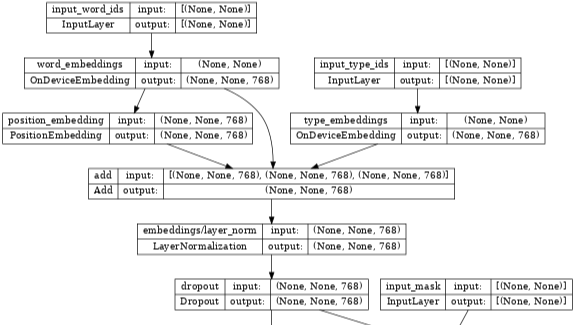China’s central government has revealed its inaugural blueprint aimed at exploring the potential of load shifting through electric vehicles and charging infrastructure. The goal is to stabilize the power grid amidst the increasing adoption of battery-powered cars. According to a document dated December 13, publicly released on Thursday by the National Development and Reform Commission and three other top government departments, Beijing plans to implement real-time, flexible prices on a large scale nationwide by 2025. The initiative also anticipates off-peak charging to constitute over 60% of total electricity for EV charging in at least five pilot cities, primarily in affluent regions such as the Yangtze River Delta area and the Pearl River Delta area. Additionally, more than 50 large facilities for bi-directional charging are expected to be operational in those regions by that time, enabling energy storage in a car’s battery and its return to the power grid. According to Caixin, citing Pang Xiaogang, a deputy general manager at State Grid, the peak of EV charging load could reach 100 million kilowatts by 2030, approximately 5% of China’s maximum power load. [NDRC document, Caixin, in Chinese]
Related










